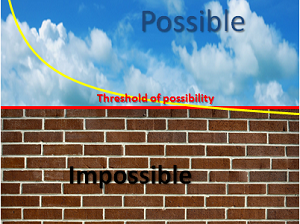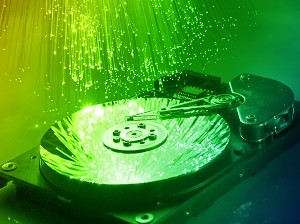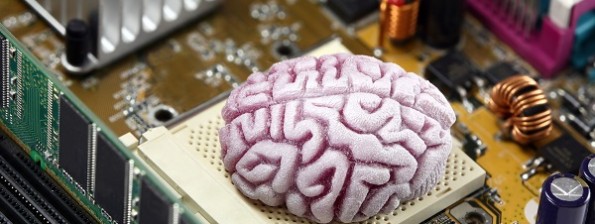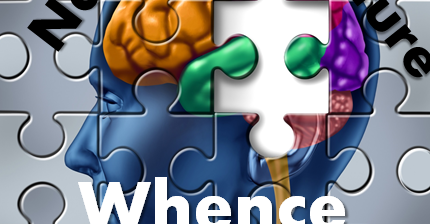Category Archives: Computing
Computing hardware, parallel approaches to software and hardware design, automation
26 Mar Bayes and Search Theory

What began as a study of belief has turned into a strategy for solving very complex problems. Thomas Bayes (/ˈbeɪz/; 1701–1761) proposed a model in which adding evidence of different types, or from different sources, to a problem will change the calculated probabilities for the outcomes of the “reasoning” process. We’ve forgotten what he looked like, […]
19 Mar Fuzzy Logic Section Intro

Why do we find Mr. Spock, Commander Data or C3P0 so lovable? We have all known people like them: they are the ones who see the world in black and white. Spock had an excuse – he was a Vulcan who knew a lot. Computers, on the other hand, can be downright exasperating when they get […]
18 Mar Monkeys with Typewriters at the Threshold

Monkeys and Machines What’s wrong with the random Hamlet? When is the last time you’ve seen monkeys with typewriters? First of all, we must ask if there is anything that is perfectly random. If there is, and it is not influenced by any physical law, then the asymptotic theory of random probability is valid, and […]
11 Mar Joe’s Theory of Everything

While my teachers explained that language is about nouns and verbs, I think language is about symbolically representing everything and communicating about anything to anyone. There are many ways to look at the milieu in which we live from the tiniest sub-atomic particle on up. One way is to look at the larger context of […]
28 Feb Sense-Perception and Memory

I Recall… Since we have been discussing learning in the past few posts, it seems appropriate to talk about memory here as well. Of course, we are talking about human memory, but computers can remember quite well, too. In fact memory is one of the few areas where it is universally agreed that computers are […]
18 Feb Insanity, Perception and Consciousness

Have you ever heard voices, seen people and things others can’t see, perceived colors, sounds or sensations that weren’t really there? The human mind has amazing abilities, sometimes giving us more output than is present in the input. Is this insanity, creativity or a fluke? I can’t answer these questions in this blog, but as we […]







